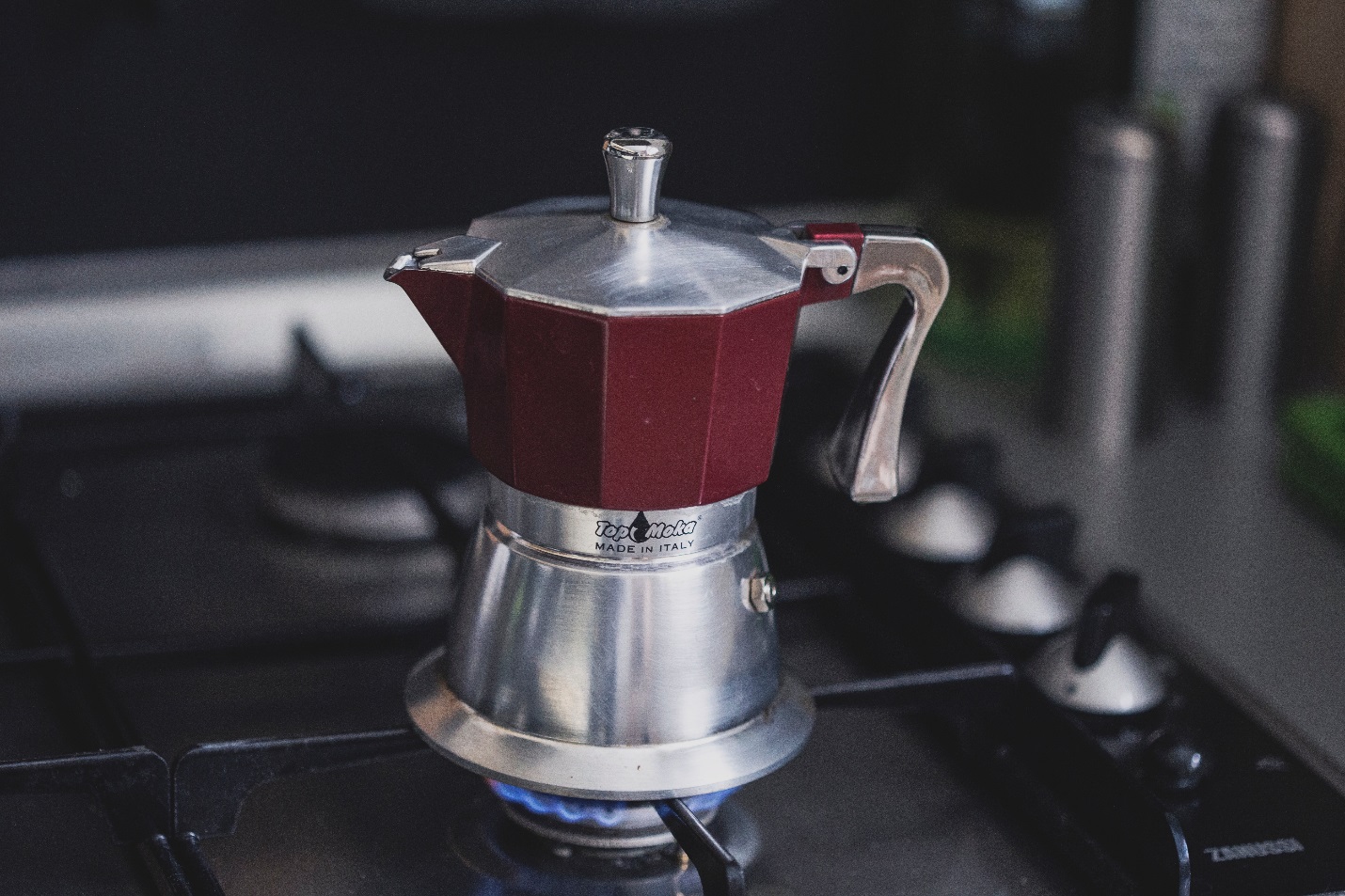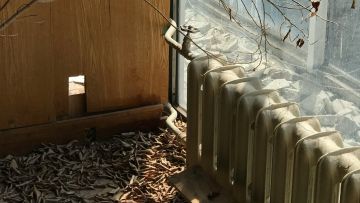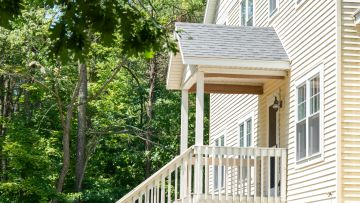Hello there darlings!
I thought I'd put some of my university education to use and talk to you a bit more technical in this post. You all know I am a chemist but I am not sure you know I've worked with fuels in the past. Well, I have. And here's some of the things I've learned and how to implement them for your home.
Taking our fuel supply from our natural gas network seems to be something many of us take for granted. But, if yours is one of the homes in the country not connected to the network, chances are you’re replying on your oil boiler to power up your central heating and keep your water hot.
While oil boilers have their benefits, did you know that an LPG boiler is cheaper and actually produces less carbon emissions? So, if your old boiler is on it’s way out or you’re looking to efficiency and savings, could an LPG boiler be the best option?
Firstly, Let’s Define “LPG”
LPG is short for Liquefied Petroleum Gas. It’s a combination of gaseous hydrocarbons that are produced from oil refining and natural oil and gas extraction. Besides commonly being used in domestic heating systems, the gas is also regularly used as fuel for vehicles, heating, and even for cooking purposes. These are what the LPG boiler installation Manchester professionals have to offer.
Now that you know what LPG stands for, let’s take a look at the pros and cons of a LPG boiler.
The Pros of Having a LPG Boiler
1. It’s cheaper than an oil boiler
When it comes to upfront investment, an LPG boiler is a great deal cheaper to purchase compared to an oil heater. In fact, it’s a little more than half the price.
2. A convenient and compact size
LPG boilers are significantly smaller than oil fired boilers and often have a much lower noise output.
3. Cleaner fuel missions
LPG is a fossil fuel, so it’s not a particularly clean source of energy, but it’s certainly a cleaner option than oil. LPG produces as much as 20% less carbon which means you can effectively reduce your home’s carbon footprint.
4. High efficiency
Today’s LPG condensing boilers can achieve efficiencies of as much as 90% or even higher. That means you can save a great deal on heating and eliminate waste.
5. Widely Available
There’s a far greater choice when it comes to LPG boilers compared to their oil counterparts, with many popular and high-quality models on the market. Some manufacturers even sell natural gas boilers in conjunction with LPG conversion kits, so you can create LPG versions if you want to.
The Downside to LPG Boilers
1. Buying a tank
LPG boiler systems require a storage tank that you can either rent or purchase from the supplier. So, you must remember to factor in the extra expense. Some people think that keeping a tank in their garden isn’t a very attractive plan, but you can choose to have it installed underground.
2. Higher fuel costs
The biggest downside to LPG boilers is the ongoing expense. Overall, the unit price per kWh of energy tends to be higher than oil and natural gas. While prices may have dropped slightly in the last few years, they’re not expected to remain stable.
3. Delivery
You will have to keep an eye on the fuel tank. You don’t want to risk leaving it too late to top up as your fuel may not be delivered in time (this is true of oil, too, though).
What kind of fuel do you use in your household? Are you aware of your carbon footprint?
Lots of love
















